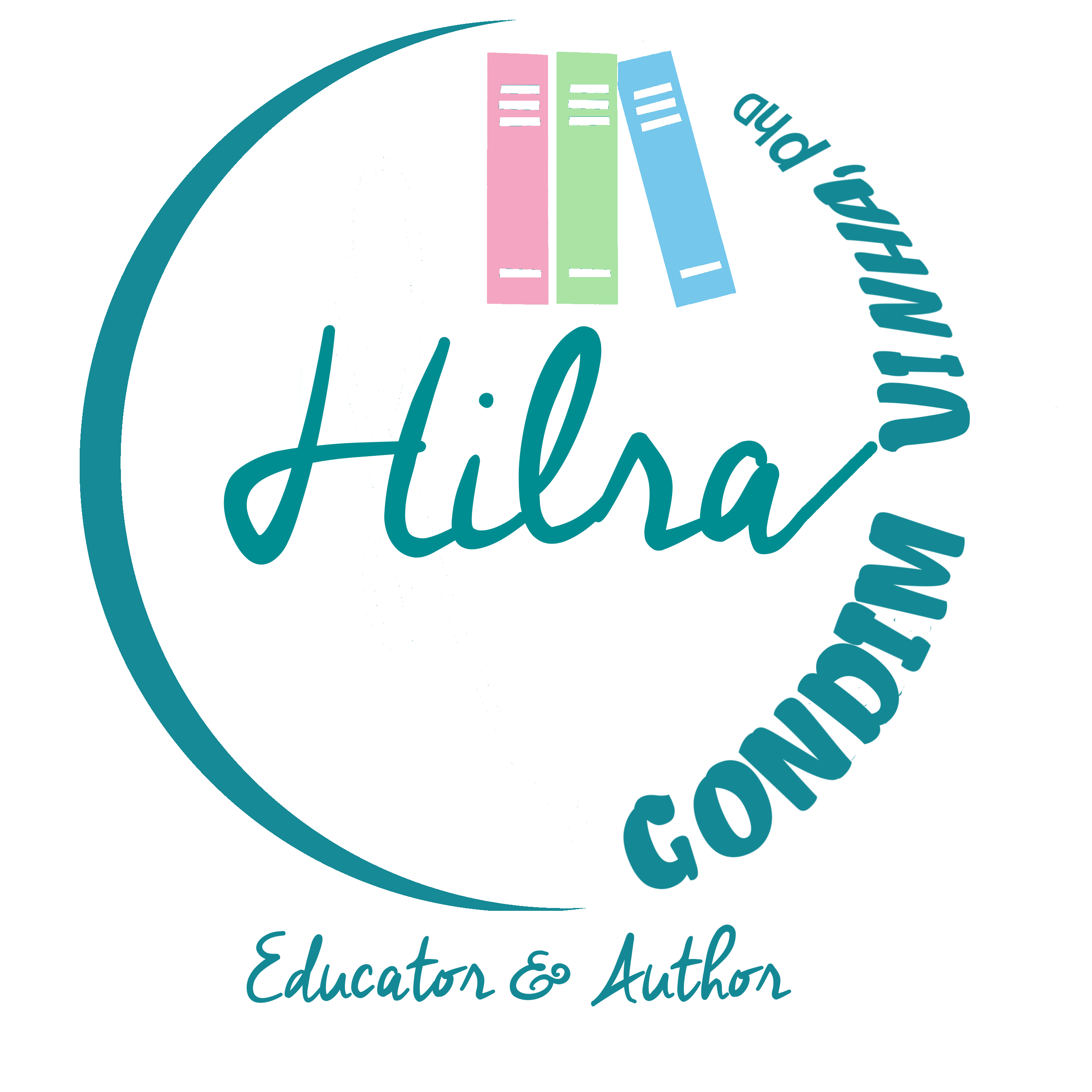Acknowledgements
It would not have been possible to write this thesis without the help and support of some people that are part of my life.
Above all, I would like to thank José Nilberto Gondim Lima, my brother whose life has been so intricately part of mine that it is hard to put into words my gratitude to him, and his unconditional love, which has always been a source of hope and cheerfulness when the struggles became overwhelming. I am proudly grateful to L***** and C*****, my children, who have been proudly supporting the writing of this thesis, and whose understanding of it brighten up my days. Zilda Gondim Lima, my mother, from whom I inherited the love for learning, to whom I cannot express appreciation to suffice what she represents in my academic and personal life. I am grateful to Hildeni, Hilzeni, and Hildeberto, my siblings, whose support has been fundamental. I want to thank my friend Umberto for his golden loving heart which embraces not only me, but José, throughout our lives since our childhood. Also, my partner, Rod Campbell, whose support permitted me to complete this thesis.
I would like to acknowledge the practical help, and warm friendship of Ewelina Szulc and Louise Barton who in a crucial point in my life, gave me support, without which I would have not been able to write this thesis. Also I thank my dearest friends Ana Debora, Gilcilene, Gervana, and Ivone, likewise Regina Camara, in Brazil, and Adriana Fernandes in the US who regardless of the distance held my hand and accompanied me in several respects during these four years. Also Weaver Lima, who blessed me with his friendship and his art, which is a significant part of this thesis.
I am heartily thankful to my supervisor, Melanie Nind, who did everything in her power to make this thesis possible, whose encouragement, guidance, friendship and support from the moment we first met to the final stage enabled me to grow and develop as a researcher and as a person, and whose expertise gave me the opportunity to learn immensely.
This thesis would not be possible without the financial, academic and technical support I received from the School of Education in the University of Southampton. Also, to all the lecturers and other staff who played a significant role in my journey here. In particular I would like to thank those from the Students Services that have been there for me every time I needed help. I am most grateful to Gill Clarke, Jane Seale and Tony Kelly, not only for being excellent tutors, but especially for providing me with the help I needed together with a sense of belonging and worthiness. My fellow colleagues in the school of education, especially Georgie Boorman, for being the attentive listener and good friend I needed so much.
I also would like to thank Marina, Mariam, Louise, Allie, and Pauline who I met in a critical moment during this project and provided me with warm hugs, advice and comfort. Also Kalina Lima, whose presence brings my homeland closer, and whose friendship has brightened the last part of this journey.
Lastly and most importantly, I would like to acknowledge the significance of my participants’ contribution to this study, without which this thesis would not have a reason to be written. I would like to thank them for their contribution, as well as their parents and schools to grant me the opportunity to meet with them.
In memoriam
To Olivio Gomes de Lima, my father, from whom I inherited the determination to complete a task no matter how hard, who finished his journey here so early
To Serafim Armindo Vinha, my children’s grandfather, who honoured me with his surname, his unconditional fatherly love and irreplaceable friendship
To my eldest brother, Teta (Humberto), who I considered like a second dad, and would be the proudest of this thesis

